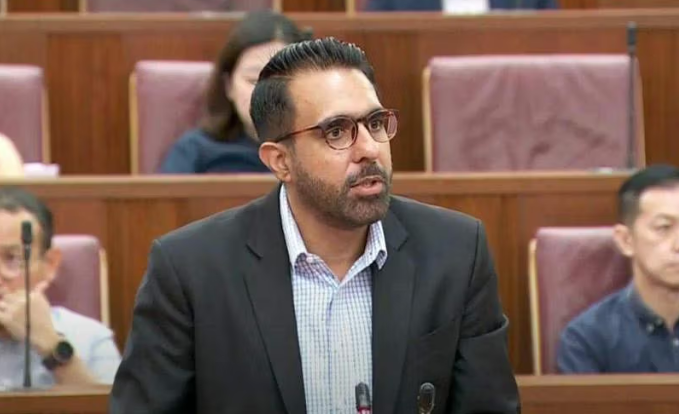Pritam Singh warns that failure to address inequality could lead to societal rifts
In a recent speech on February 22, Opposition Leader Pritam Singh expressed concerns over Singapore’s growing inequality, particularly in relation to the 2023 Budget, which has been described as a “Robin Hood” budget. Singh argued that framing the budget as such creates a divide between the wealthy and the middle or lower classes, potentially leading to a fractured society.
Singh, who is also Secretary-General of the Workers’ Party, emphasized that Singapore’s future depends on a unified approach to tackling challenges such as an ageing population, shrinking social mobility, and perceived imbalances in meritocracy. He stressed that the government must prioritise addressing inequality to prevent a two-tier society from emerging.
Two Different Realities in Singapore
Singh painted a picture of two contrasting versions of Singapore. One version, linked to global economic hubs, thrives with high salaries, job opportunities, and connections to a dynamic international market. This part of Singapore, he noted, exemplifies the promise of prosperity and relevance on the world stage.
On the other hand, there is a second Singapore where most citizens live, struggling with stagnating social mobility and unaffordable housing. Singh pointed out that the dream of upward mobility, such as owning a private property or buying a car, has become increasingly unrealistic for many citizens, especially for HDB homeowners.
The second Singapore, Singh explained, reflects a growing sense of frustration and disenchantment, particularly as the younger generation faces greater challenges in achieving success compared to their parents. He warned that if left unaddressed, this division could result in societal tensions, with growing resentment between the two groups.
The Need for Government Action
Despite acknowledging that the government has made some efforts to tackle these issues, Singh called for a more decisive approach. He recognised initiatives like the early support for disadvantaged children highlighted by Deputy Prime Minister Lawrence Wong in the Budget, but urged further action to ensure the success of the broader population.
The Leader of the Opposition also noted the importance of addressing inequality through fiscal measures such as raising taxes on luxury goods and high-end property, which was already outlined in previous budgets. He stressed that policies for wealth redistribution must be at the heart of the government’s agenda, reinforcing the Workers’ Party’s stance on progressive taxation.
Addressing Key Budget Issues
Singh then turned his focus to specific aspects of the 2023 Budget, including the introduction of the Job-Skills Integrators, which aim to improve job placement and training for workers. While optimistic, he questioned whether the new initiative would truly differ from previous efforts that had limited success.
He also discussed the proposed increase in paternity leave, supporting it despite concerns from small and medium enterprises, and raised the importance of creating a more family-friendly workplace culture.
On the issue of retirement adequacy, Singh questioned the government’s handling of CPF funds, particularly in light of rising housing costs, and suggested that a reevaluation of the CPF system was necessary to ensure it serves its original purpose of securing retirement.
Affordable Housing and Future Policy Directions
Singh also expressed concern over government policies on housing, particularly the higher CPF grants for resale flats, which could unintentionally push prices higher. He called for more transparency in the pricing of land for public housing and urged the government to provide clearer details on the valuation of land for public and private housing projects.
In conclusion, Singh affirmed that the Workers’ Party supports the 2023 Budget’s overall goals but reiterated the need for stronger focus on redistributive policies to tackle the inequality that threatens Singapore’s social fabric.








